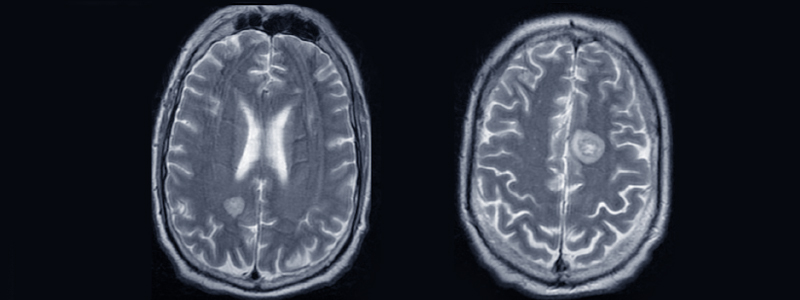Have you ever heard of someone suddenly speaking with an accent that wasn’t their own? It’s a strange phenomenon called Foreign Accent Syndrome (FAS) and a recent case study has linked it to a rare form of prostate cancer. In this blog post, we’ll explore the fascinating case of a man in his 50s who suddenly began speaking with an Irish brogue, and what it might mean for understanding FAS and the effects of cancer on the body.
Foreign Accent Syndrome is an extremely rare disorder in which a person suddenly speaks with an accent that sounds like it is from another country. It usually occurs after a stroke or traumatic brain injury, but in some cases, it has been linked to cancer. A case published in 2008 describes a woman in her 60s whose breast cancer had spread to her brain, causing her to suddenly speak with a different accent.
Now, a new case study has revealed a similar phenomenon in a man in his 50s who was diagnosed with a rare form of prostate cancer. After being diagnosed, the man began to speak with a southern Irish twang, even though he had never been to Ireland and was not of Irish descent.
Doctors believe that the man’s FAS was caused by a rare paraneoplastic neurological disorder (PND). PND is caused when cancers outside of the brain trigger an immune response that can impact the nervous system from afar. Despite chemotherapy and radiation, the man’s cancer continued to rapidly progress, gradually paralyzing his body and, sadly, ultimately ending his life. The man maintained his Irish-sounding accent until the very end.
This case is significant because it is the first time FAS has been linked to prostate cancer specifically, and it provides further evidence that PND can cause the syndrome. It also highlights the importance of additional literature on FAS and PNDs associated with prostate cancer to improve understanding of the links between these rare syndromes and clinical trajectory.
If you’re interested in learning more about this fascinating case, and the science behind FAS, then keep reading! We’ll explore the details of the case study, the implications for understanding FAS, and what it might mean for treating cancer.
Source: www.sciencealert.com
